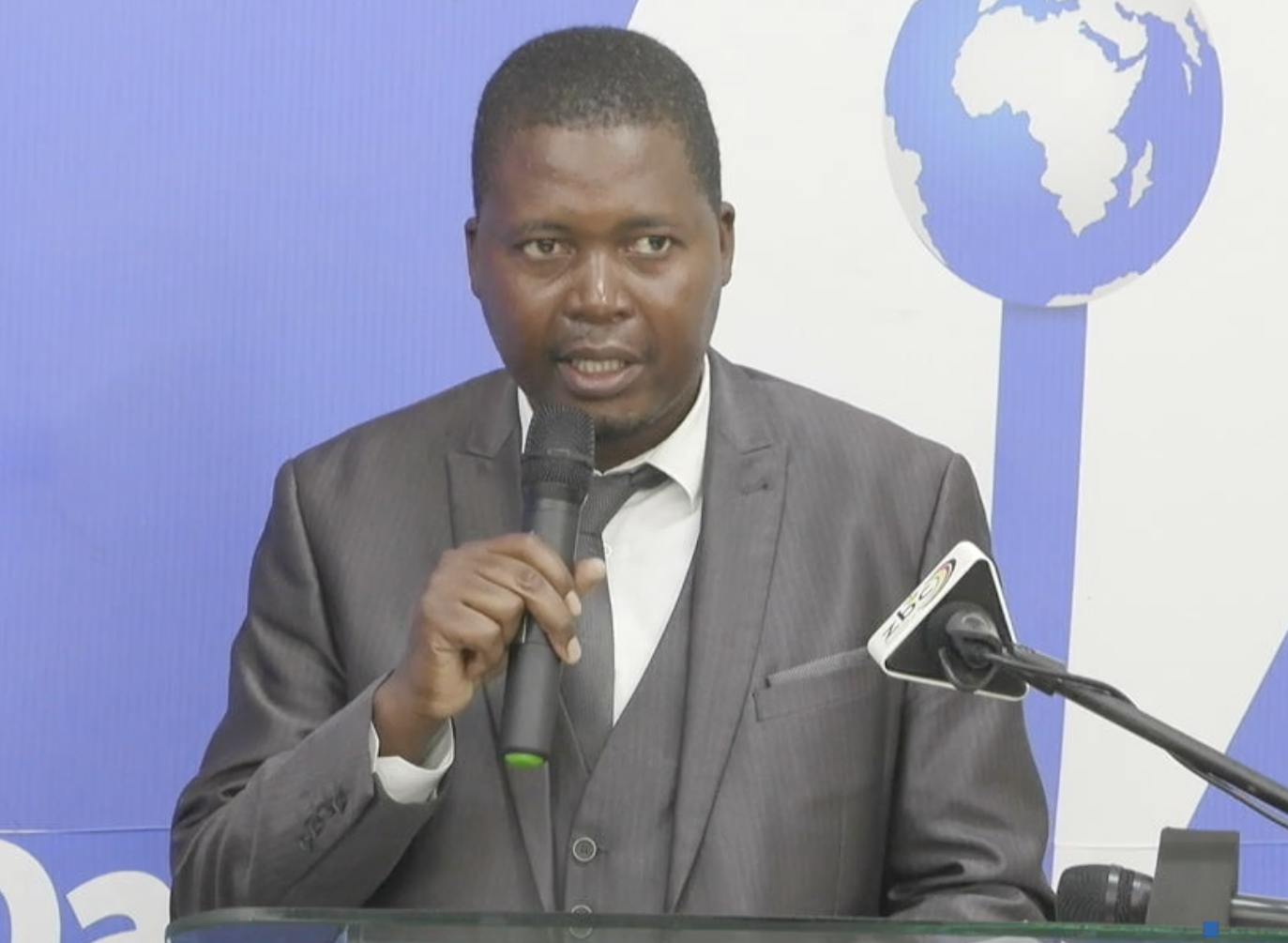The Media Institute of Southern Africa (MISA) has urged southern African countries to revisit the problematic laws that infringe on freedom of expression and of the media and instead develop laws that adhere to African Commission on Human and Peoples’ Rights declarations and protocols.
This comes as the World is commemorating World Press Freedom Day under the theme, Shaping a future of rights: Freedom of expression as a driver for all other human rights.
In a statement, MISA Regional Chairperson Golden Maunganidze said the theme is fitting as it serves as a reminder of the centrality of freedom of expression in the enjoyment of all other human rights.
“In the past decade, Southern Africa made tremendous strides in improving the media freedom legislative environment, with the enactment of laws that guaranteed access to information, while freedom of the media became a constitutionally guaranteed right in most countries. However, despite this progress, countries are increasingly enacting laws that negatively impact the right to access to information and the right to free expression,” said Maunganidze.
He said laws such as the Private Voluntary Organisations Amendment Bill which is at an advanced stage of being enacted in Zimbabwe, and the amendment of the Criminal Law (Codification and Reform) Act, will have a chilling effect on freedom of expression and freedom of assembly.
“This is coupled with the introduction of laws across the region that criminalise the publication of falsehoods. Some countries have also come up with cyber security laws that ostensibly are meant to protect data online but, in essence, criminalise defamation and the publication of falsehoods,” said Maunganidze.
In addition, he said the internet shutdowns are increasingly seen as a tool for shutting down critical voices, such as what happened in the Democratic Republic of Congo, Eswatini, Tanzania, Zambia and Zimbabwe in the past few years.
“There are also emerging threats that come with the growth of the digital ecosystem, among them, cyberbullying, particularly of female journalists,” he said.
He said freedom of expression is an enabling right for the enjoyment of other rights and when it is under threat, as it is right now, other rights also face similar threats.
“It is important to point out that all human rights are universal, interdependent, indivisible and interrelated. Freedom of expression’s function as an enabler of all other rights has been explored and is the cornerstone of many international human rights treaties.”
Maunganidze said it is imperative for Southern African countries to strongly stress and emphasise the importance of freedom of expression and centre it in the overall discussions of human rights.
“In addition, laws should stick to international standards on human rights and United Nations charters and declarations. By doing so, regional countries will be building towards a future that is based on respect for human rights and democratic governance.”
Maunganidze said a free, pluralistic and independent media is key for the attainment of the Sustainable Development Goals and the African Union’s Agenda 2063 (The Africa we want).
“Thus, this World Press Freedom Day should serve as an opportune time for us to pause and imagine what kind of a future we want for Southern Africa. In dreaming of a better future, it should be one that puts human rights at the core of everything, with freedom of expression being at the centre, considering its role as enabler of all other rights,” he said.

